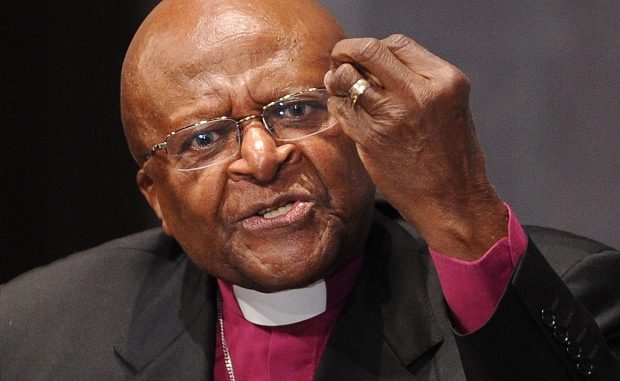
Do You Really Believe What You Believe?
We often think of faith as a source of comfort and understanding but find our expressions of faith sowing sentimentalism and division.
This kind of divisive language is what I expected when my eyes landed on Desmond Tutu’s book titled: “God Is Not A Christian”, as I was strolling the neat aisles of one of Uganda’s leading bookshops.
I quickly reached for the book and flipped the pages. My earlier expectations of sentimental rhetoric were not met in that measure but in a rather surprising, counter intuitive way.
Desmond Tutu’s approach to the expression of faith diverges from most of the conventional, divisive prevailing path.
Tutu’s beliefs, however controversial they are, shatter the current streak of self-importance that has engulfed some believers.
In the apartheid era, Tutu was an advocate for African theology, seeking to fuse it with Christian theological thought.
According to Tutu, western theology seeks answers to questions that Africans are not asking.
For Tutu, the two major questions posed by African theology are: how to replace imported Christian expressions of faith and how to liberate people from bondage.
In an interview, in Cape Town, South Africa, with Christian Egge, Archbishop Emeritus Desmond Tutu is quoted saying,
“In saying God is not a Christian, I have no wish to be imperialistic. God is not a Christian! All of us belong to God. I don’t believe I have a God who sits and worries that a Buddhist may come up with a wonderful idea. I do not feel obliged to think it cannot be a good idea just because it is a Buddhist idea. No, I am thrilled that a Hindu could be such a leading exponent of non-violence, and affect and influence so many people as Mahatma Gandhi did. I am not upset that one of the most brilliant scientists, Einstein, happens to be a Jew. You see it points to the wonderful bounty of God that none of us has a proprietary claim on God. God is God, God is forever free.”
After skimming Tutu’s book and finding out more about him, I immediately called one of my mentors and asked him what it meant to believe. His response got me thinking up to now.
Here is his response: “You can never know how much you really believe anything until its truth or falsehood becomes a matter of life and death to you. It is easy to say you believe a rope to be strong and sound as long as you are merely using it to lift a box. But suppose you had to hang by that rope over a steep cliff. Wouldn’t you then first discover how much you really trusted it?”
In that regard, I leave with you with a question,” Do you really believe what you believe?”


